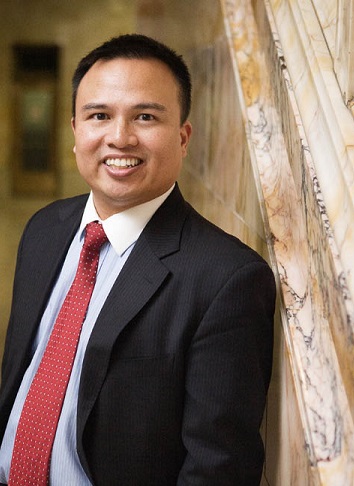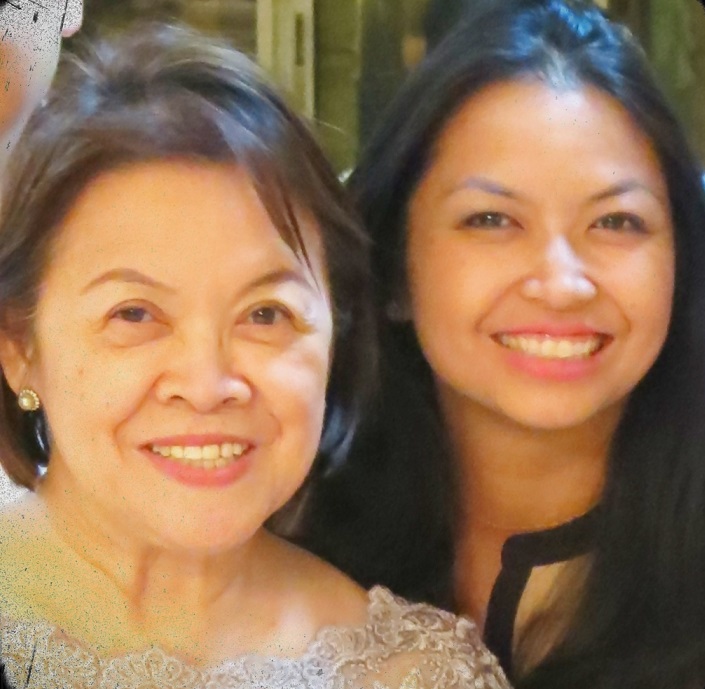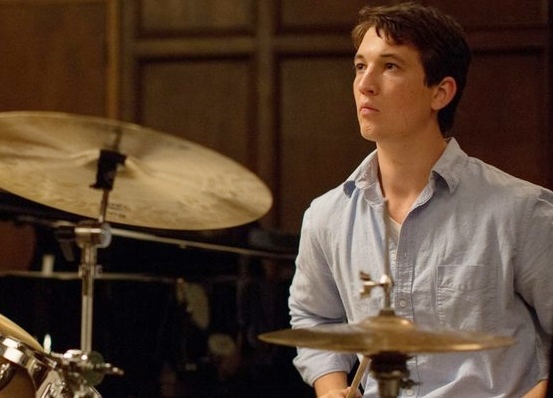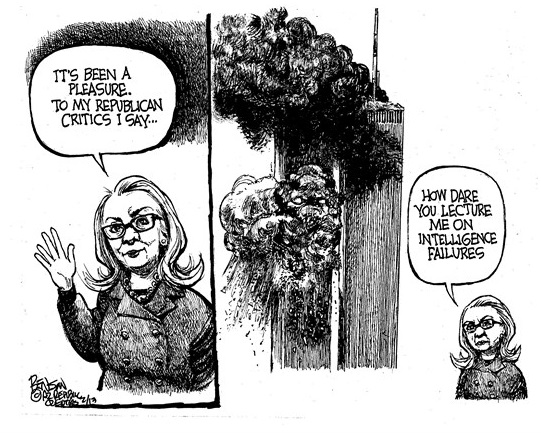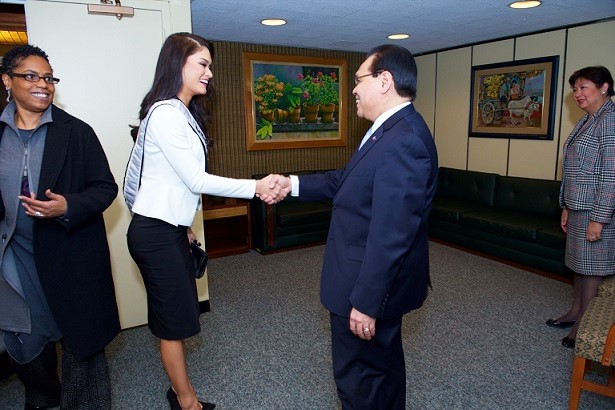‘Quezon’s Game:’ A PHL president’s courage to stand for humanity
By Wendell Gaa
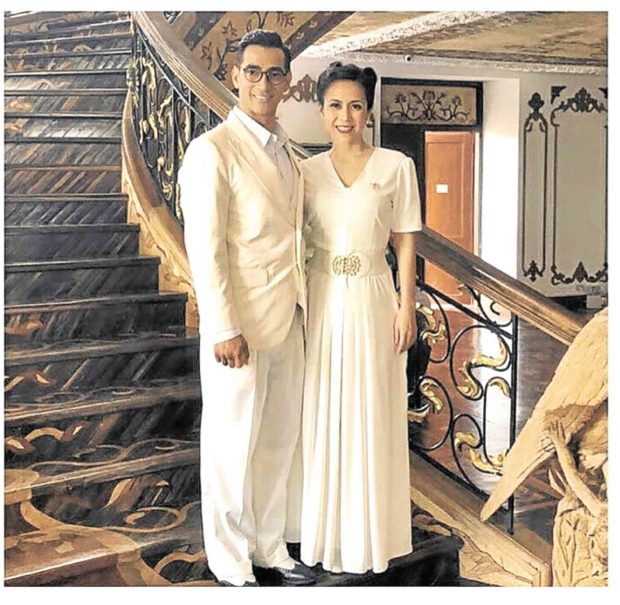
The Philippines was among the few nations that was openly willing to provide a refuge for Jews desperate to escape the gathering darkness in Germany right before World War II tragically engulfed much of Europe.
The incredible story of how then-Philippine President Manuel L. Quezon and the country garnered the courage to take a stand for humanity is finally being told to modern movie audiences through “Quezon’s Game.”
When I watched the Oscar-winning “Schindler’s List” back in the early 1990s — together with my father Ambassador Willy C. Gaa — we were profoundly moved by the story of German industrialist Oskar Schindler who used his position of influence to save over 1,000 Jewish refugees from the Nazi death camps by enlisting them as his business workers. Quezon’s heroism is not too dissimilar in this regard. The fact that he was a president of his own country, albeit a commonwealth protectorate of the U.S., is truly all the more remarkable. So many other nations had refused or exhibited cowardice in using any of the resources at their disposal to rescue Jews desperate to escape Hitler’s murderous regime.
The director of “Quezon’s Game,” England-born Jewish filmmaker Matthew Rosen, shows his attention to historical detail as the everyday look and feel of Manila in the late 1930s is effectively captured, from the clothing attire to the big band music. The film, produced by ABS-CBN and written by Janice Y. Perez and Rosen, was shot on location at the Las Casas Filipinas de Acuzar in Bataan, which is an open-air museum resort with a lovely heritage collection of Spanish colonial-era-style houses.
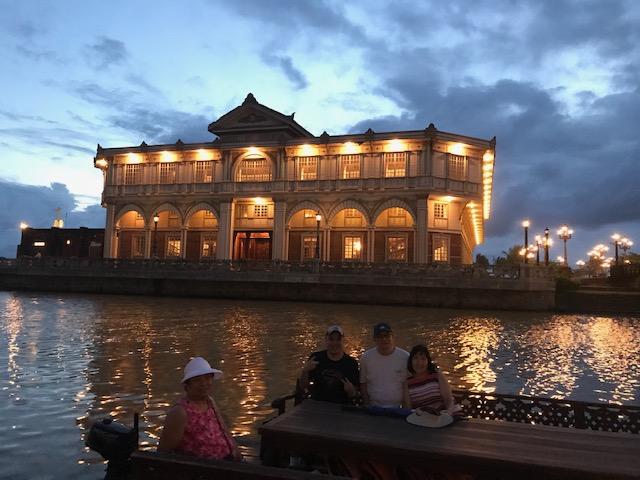
The bulk of the acting credits definitely go to famed local actors Raymond Bagatsing and Rachel Alejandro, who respectively portray Quezon and his wife, First Lady Aurora. Bagatsing’s engrossing performance conveys a leader who, despite the strenuous challenges, fought political and bureaucratic obstacles to save as many Jewish lives as possible. Quezon’s mission is all the more given a boost of urgency with the knowledge that he is suffering from terminal tuberculosis. Bagatsing’s thorough research on the speech and mannerisms of Quezon shows brightly onscreen. Alejandro’s equally powerful portrayal of Aurora exhibits a faithful wife and staunch supporter of her husband’s mission despite knowledge of his personal faults as well as his health condition.
The supporting actors here all did a fine job, including my friend stage actor Jeremy Domingo who has a small yet significant role at the film’s beginning. One particular standout for me was David Bianco who portrays U.S. Army Colonel Dwight D. Eisenhower, the historically renowned Allied Supreme Commander in the European Theater of World War II, and who would go on to become the 34th President of the United States (1953-1961). Bianco’s performance as Ike is spot-on, and his facial expressions and vocal tone are very much reminiscent of the great general and president himself.
An interesting fact that not too many people may realize was that the U.S. Army had assigned General Eisenhower in Manila during the late 1930s as an assistant military adviser to the Philippine Government, and there are actually historians who credit his time in the country for helping him gain the necessary experience in working with different state and military leaders as Allied Supreme Commander in Europe (the movie further mentions President Quezon’s offer to him to become chief of police of the then-new capital being planned, Quezon City, though he declined the offer).
Though I did find the historical accuracy of the depth of Eisenhower’s work with the Philippine Government during the time a bit questionable, the film still rightly reflects his undeniable humanity, loyalty and service to the Allied cause, as well as his unwavering role in history as a friend and ally to the Philippines.
I appreciated how the film deals with the nuances and extreme difficulties of the decisions which both President Quezon and U.S. High Commissioner to the Philippines Paul McNutt had to deal with from uncooperative bureaucrats within their respective governments. One of the issues was the case with visa requests being denied for reasons varying from immigration over-quota to outright discrimination and Anti-Semitism. Yet in spite of the seemingly impossible odds, Quezon’s tenacious campaign ultimately managed to save around 1,200 Jews. It is indeed about time that movie audiences around the world learn more about this unjustly overlooked chapter in Philippine history. “Quezon’s Game” takes on that mission and justifiably succeeds.

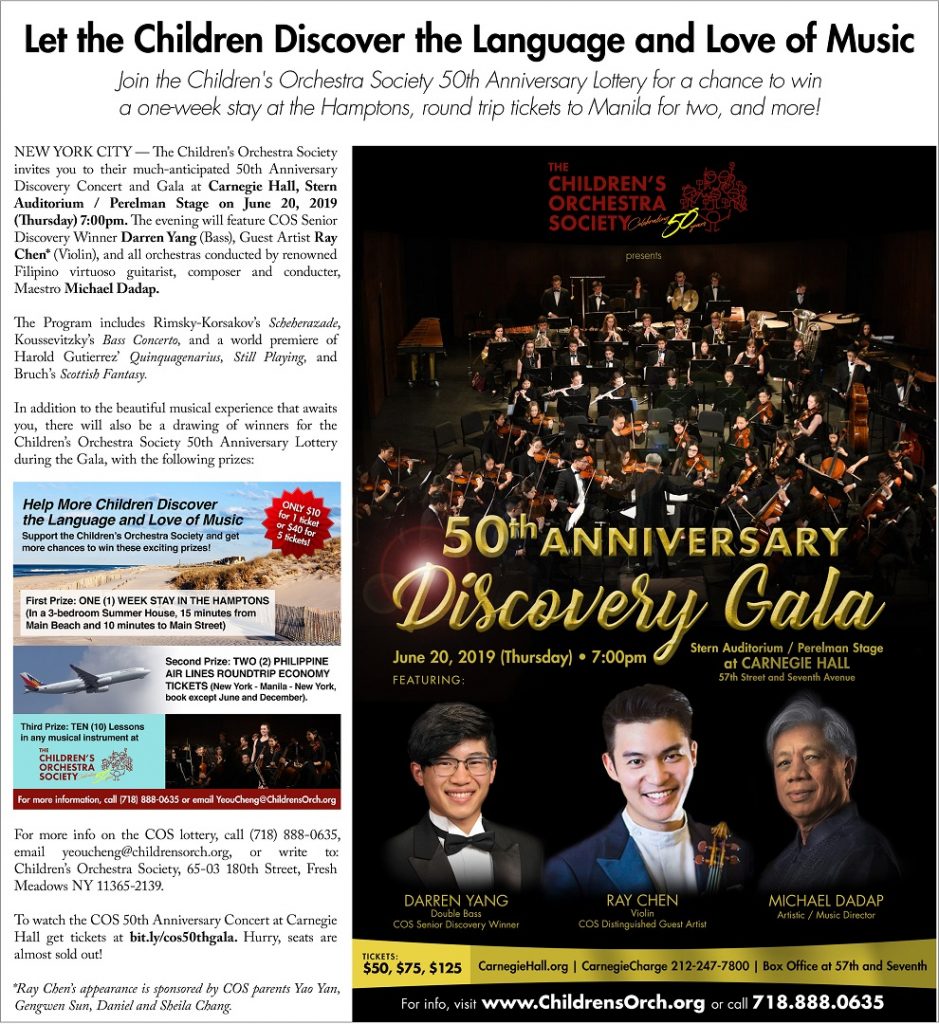
© The FilAm 2019


